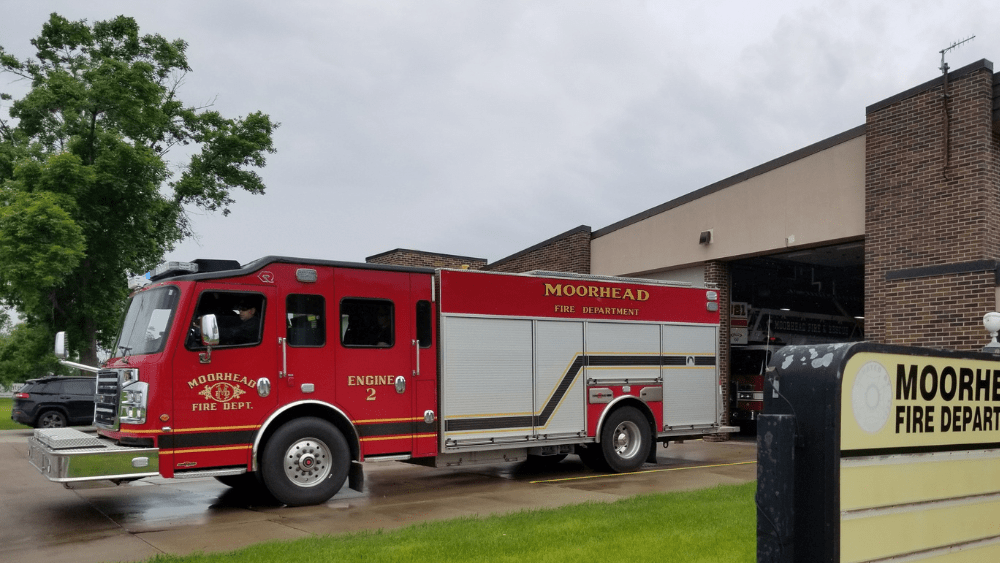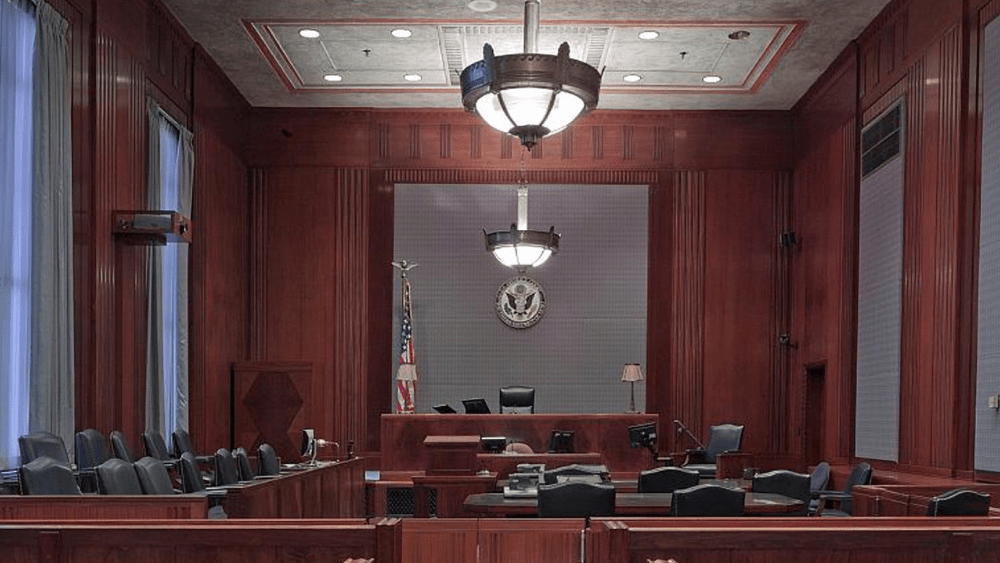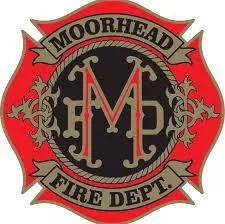(Fargo, ND) — (Submitted by Steve Hallstrom – Special to The Farmer)
Local Republicans say while meaningful and productive, the 2024 state GOP convention may prove to be a turning point in their party’s future.
The convention was held April 5th and 6th in Fargo, with multiple well-known candidates losing to those with much shorter resumes. Meanwhile, some high-profile candidates skipped the convention completely.
The largest upset came in the recommendation process for State Superintendent of Public Instruction, where 3-time incumbent Kirsten Baesler lost in a landslide to newcomer Jim Bartlett. The final vote was 967-426. Also losing to a relative unknown was Julie Fedorchak, as farmer and veteran Alex Balazs bested her in a preliminary vote for the endorsement for U.S. House of Representatives before Fedorchak, aiming to move along a contentious and laborious final session, conceded the nomination to Balazs.
U.S. Senator Kevin Cramer did not have a challenger at the convention and moved quickly through the endorsing process. Congressman Kelly Armstrong was also unchallenged in his bid for the endorsement for Governor, after fellow Republican Tammy Miller declared weeks ago that she would be skipping the convention and would take her chances in the primary without the party’s endorsement.
Saturday fireworks started early, as delegate Rick Becker, who will be competing for U.S. House in June’s Republican primary, rallied support from about 1/4th of the delegates who voted for him even though he was not eligible to win the endorsement, after breaking party rules, in 2022, running as an independent against Republican U.S. Senator John Hoeven. The move rendered the first round of balloting invalid. Becker was both booed and cheered loudly as he would eventually step to the podium and ask delegates to vote for either Fedorchak or Balasz and not to spoil their ballots in the second round of balloting by voting for him.
Friday’s session saw strong debate regarding District 37 delegates from the Dickinson area. Some party leaders sought to exclude them from the convention because the district process allegedly nominated the delegates to the state convention in an unapproved manner. After heated testimony from both sides, the assembly voted 815-611 to allow the candidates to participate. Multiple delegates told The Farmer that if this vote would have gone the other way, that it would have cast a shadow over the entire convention. Others claimed that rules are rules, and they need to be followed or future delegates may also improperly be sent to the state convention.
One remaining issue still needing resolution, even days after the convention, is the final results of party resolutions to be voted on. A resolutions committee created 15 position statements on key issues facing Republicans in this election year. Some of the resolutions dealt with abortion and carbon capture, which have been controversial even within the state GOP. The convention ended before votes were tallied, as party leaders said it would take significant time to tabulate the votes. As of press time, the results of those resolutions have not been announced.
JR Ryberg is a veteran Watford City Republican, in District 26, and he tells the Farmer that the unpredictable outcomes and the gamesmanship at this year’s convention will have long-term impact.
“I’ve been to every party convention since 2000, and I’ve seen a lot over those 24 years,” said Ryberg. “I’m not quite sure we’re going to see the same kind of convention process going forward. Of course, we’ve heard this for the last couple years, but after what took place for two days, I think some people might try to change the process. I don’t think you’re going to see any established candidate go to the convention if we don’t have a change and I think you will see almost everyone just declare for the primary. So, is the convention going to get moved after a primary? Then it just becomes a ceremonial pep rally.”
The process of skipping the convention and not seeking the party’s endorsement has happened with increasing frequency. Kevin Cramer, at that time a candidate for the House of Representatives, did so in 2012 and went on to win the primary and the general election. Doug Burgum finished third at the convention in his first run for governor and went on to win the primary election and the general election. Miller, declared shortly after announcing her run, that she would not seek the party’s endorsement.
Burgum, speaking with The Farmer on Friday at the convention, said, “She made her own decision on that. It’s happened before. Some would say that (she should be here) and then there are probably 99% of North Dakotans that don’t even know the convention is going on this week.”
Ryberg used Fedorchak, current member of the North Dakota Public Service Commission after working for multiple governors and a U.S. Senator, as an example of someone who may choose to skip the convention in the future. “I mean, take Julie Fedorchak. There were something like 1,500 delegates here. Do you really want 700 or 800 votes against you? That’s kind of a black eye. I’m not quite sure you even want to go down that route. You may just want to go straight to the primary and let the state of North Dakota pick who the Republican nominee is. I’m not sure there would be many candidates going forward, especially with what took place over the last two days who would. Why would they subject themselves to that?”
District 26 Senator Dale Patten, of Watford City, said it was a good weekend for grassroots candidates like Balasz and Bartlett. “I felt like this was going to be a convention that could end up with results like this. I also think that this convention will reemphasize how important the primary is going to be. There’s obviously a very big division within the Republican party, and there’s one faction of it that showed up at the state convention very strong, and you could commend them for their grassroots effort. But we’ll see at the primary whether that carries through or not.”
In regard to the District 37 candidates, Patten says he’s disappointed that the issue wasn’t settled before the convention ever began.
“I was very disappointed in the effort to disenfranchise the delegates from 37. My understanding is there were probably 25 more delegates that may have been there but didn’t show up because they didn’t think that they would get seated. And that might’ve been a difference maker, at least in the house race. It indicates, to me, an even bigger effort. They did not, potentially, like the way those delegates were going to vote. So, they tried to make sure that they didn’t get the opportunity. But an even bigger issue here is the effort to limit everybody’s voting rights that we’re seeing. This is indicated by the term limits measure petition, which I think is completely unconstitutional, that would relate to age limits for our federal delegation. In these circumstances, they’re telling the public that we don’t trust you on who you’re going to vote for, so we’re going to limit your options. And I believe that’s wrong.”
Ryberg says Kelly Armstrong bet big and won with a risky move to take the podium and recommend the District 37 delegates be included.
“I think Kelly Armstrong gets up in front of a microphone and turned the whole deal. I would not have advised him to do that (laugh). And I’m sure other people have probably would’ve advised him not to get in front of that microphone. Why get involved in a 50-50 fight when you’re running for governor and you’ve got a primary fight on your hands? I wouldn’t have advised him. I mean, I hope someone took a video of that, because I think that was absolutely leadership being shown right on the floor there. And I’m proud to support that guy as our next governor.”
But was this convention just standard gamesmanship and grassroots? Or is there a more damaging fracture in the party? Both Ryberg and Patten say time will tell.
“I think one of our biggest problems,” says Ryberg “and it might get overplayed by the media, but we’ve got such a super majority that you’re just bound to have many different factions of people. We’re talking about less than a thousand people here who may be frustrated at a convention. There are people that are probably not happy with the status quo, but governing’s tough and you can’t govern from the fringe. There’s a lot of people on stage that I didn’t vote for that I agree with probably 99% of their platform. I’ve been in politics my whole life. So, there’s compromise. You’ve got to govern more from the middle. I mean, I’m as far right conservative guy as you’d ever meet, but I understand to get the ball moving forward, there’s just some things you can’t do.”
Patten says the endorsing process itself faces an uncertain future.
“It’s apparent that there’s been a very strong grassroots support building in quite a few of the districts for a certain faction and they showed up. I wasn’t able to be there, but the ones that show up get to make some decisions and that’s what happened in the convention. All of the people that I know that are either endorsed or did not get endorsed seem to be going forward to the primary, regardless of what happened with endorsements at the district conventions or at the state convention. So that’s an indication that many of these candidates don’t believe that the district endorsing process will stand the test of a, a primary election. And I think that’s possibly true with the state endorsements. And we have a history of that.”
But he was not a fan of Becker’s move at the convention.
“I was also disappointed in that, and I do not think it reflected very well on him. It was disruptive to the convention, from what I understand. I would call it low class political maneuvering. I’m disappointed.”
Ryberg isn’t as concerned.
“I mean, I’ve been to these conventions where we’ve had floor fights of different things and stuff like that. Obviously we had one on Friday with the District 37 delegates, so it didn’t really bother me. I don’t know. I mean, it was two long days. So, yeah there’s people frustrated. But I’m not opposed to gamesmanship or using the rules in your favor, but I don’t think that helps him going forward. It really would’ve hurt him if he wouldn’t have got up there and spoke and basically released his delegates from doing what they were doing. I think that would’ve just absolutely been a nightmare for him.”
Patten has previously endorsed Armstrong and Fedorchak in their races, largely because of what he calls their experience and understanding of energy issues that affect his district. He also supports Baesler for the Public Instruction post.
As to the question of the resolutions, Patten says they don’t have a large impact.
“There were a couple of them that I felt had merit, the border one, and one related to energy. But I’m not a big resolutions person. Frankly, most of the people that serve on the resolutions committee come there with an agenda or a specific issue that they want to have addressed. And that’s why they go, but I very seldom see anything related to the resolutions that actually become law. Sure, maybe the idea has something, but the wording of a light resolution, um, doesn’t really carry much weight.”
Ryberg agrees.
I mean, no one pays attention to them. It’s almost just fodder for the media at this point. No one is holding them in front of elected candidates and saying, how did you vote on this issue? Remember this resolution from the 2024 convention? I’m not even a big fan of them anymore. And now it looks kind of comical where we can’t even get the results of them out. I mean, (laugh) we make fun of other people and other parties and other states that can’t get their votes counted.”




